Executive Director of Mental Health America San Diego
Daphyne Watson is the Executive Director of Mental Health America San Diego. Ms. Watson came to Mental Health America on January, 2012. Daphyne is an experienced professional, leading and developing a vast number of human services. She has been involved in the mental health field for the past 25 years. She has dedicated her career in addressing disparities and needs of communities of color, who often are underserved.
Daphyne has developed child abuse prevention programs, mental health programs, substance abuse programs, community support programs, and developed juvenile justice programs. She has operated programs in San Diego, Santa Barbara, Riverside, San Bernardino, and Baltimore Maryland. She has developed unique programs such as Family Finding, and WINGS (gender specific program for girls), Family Support programs, Breaking Down Barriers, Visions Clubhouse, Father2Child, Mental Health First Aid, developed a Boys & Men of color initiative and other mental health services.
Ms. Watson was recently appointed by the San Diego County Board of Supervisors to the Leon L. Williams San Diego County Human Relations Board and serves on its’ Ad-hoc Committee by giving voice to the needs, challenges, and importance of addressing discrimination in all of its’ forms. Ms. Watson serves and has served on the Mental Health Older Adult Counsel, San Diego County Community Action Planning Board, State of California Mental Health Planning Council, Child Welfare disproportionality workgroup, California Racial & Ethnic Mental Health Disparities Coalition, and Mental Health America California Executive Committee. She has been an adjunct professor at Springfield College-San Diego, teaching counseling and other innovative services. Daphyne has trained extensively on cultural inclusion and diversity.
Ms. Watson earned her Master’s Degree in Social Work, from SDSU and continues to educate and address the needs of the community. Daphyne is an advocate, an educator, a program developer, a trainer, a visionary and a compassionate leader
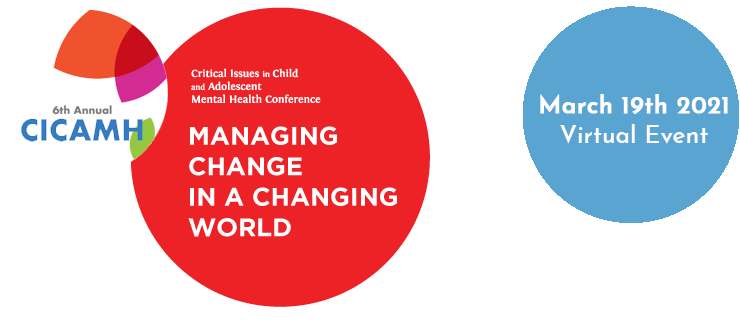
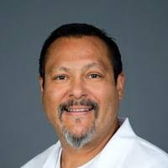
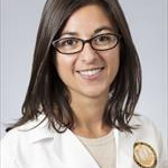
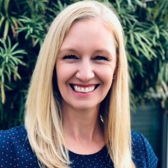
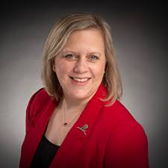 Valerie Crabtree, Ph.D.
Valerie Crabtree, Ph.D.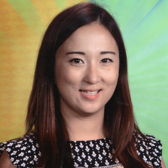
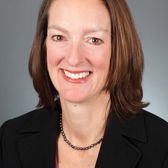
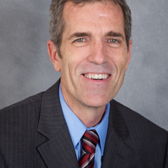 John Lee Evans, Ph.D.
John Lee Evans, Ph.D.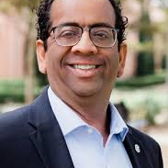 Pradeep Gidwani, MD, MPH
Pradeep Gidwani, MD, MPH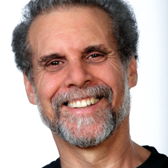 Daniel Goleman, Ph.D.
Daniel Goleman, Ph.D.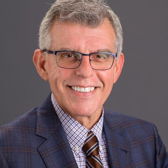
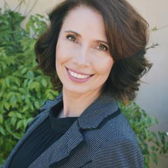

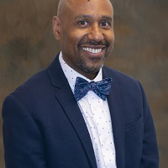 David Inwards-Breland, MD
David Inwards-Breland, MD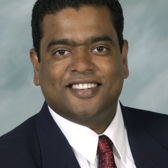 Anoop Karippot, MD, DFAPA, DFAACAP, FAASM
Anoop Karippot, MD, DFAPA, DFAACAP, FAASM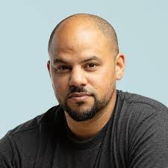 Jelani Memory
Jelani Memory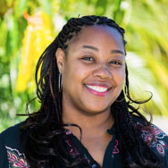 Aisha Pope, LCSW, BCD
Aisha Pope, LCSW, BCD Jeffrey Rowe, MD
Jeffrey Rowe, MD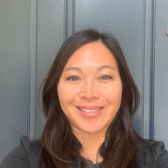
 Janina Scarlet, Ph.D.
Janina Scarlet, Ph.D.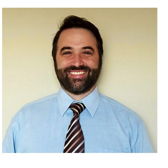

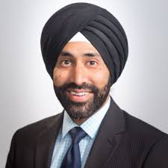 Shawn S Sidhu, MD, FAPA, DFAACAP
Shawn S Sidhu, MD, FAPA, DFAACAP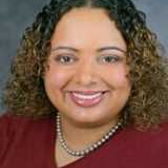 KatySue Tillman, Ph.D.
KatySue Tillman, Ph.D.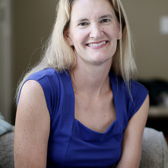 Jean Twenge, Ph.D.
Jean Twenge, Ph.D.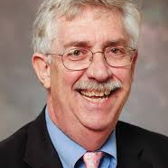
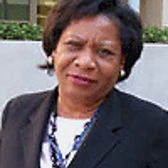

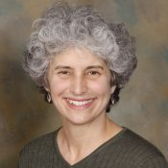 Rochelle Zak, MD
Rochelle Zak, MD